Freedom is not enough
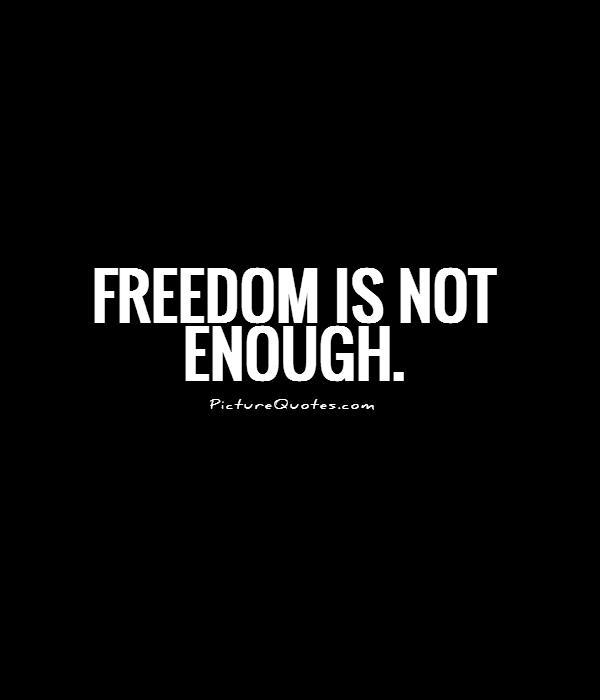
Freedom is not enough
Lyndon B. Johnson, the 36th President of the United States, famously said, "Freedom is not enough." These words hold a profound meaning that goes beyond the simple concept of liberty. Johnson understood that true freedom encompasses more than just the absence of physical constraints or limitations. It involves the ability to live a fulfilling and meaningful life, free from oppression, discrimination, and inequality.In the context of Johnson's presidency, these words were particularly relevant as he worked tirelessly to advance civil rights and social justice in America. Johnson believed that simply granting people their basic rights was not sufficient to ensure their well-being and prosperity. He recognized that systemic barriers and deep-rooted inequalities needed to be dismantled in order to truly achieve freedom for all individuals.
Johnson's words also resonate in today's world, where issues of social justice, equality, and human rights continue to be major challenges. In many parts of the world, people are still denied their basic freedoms and rights, whether it be due to their race, gender, religion, or socio-economic status. Merely granting them freedom on paper is not enough; we must also address the underlying causes of inequality and injustice that prevent them from fully enjoying their rights and freedoms.
Furthermore, Johnson's words remind us that freedom is not a static concept. It is a dynamic and evolving process that requires constant vigilance and effort to uphold. As societies progress and change, new challenges and obstacles to freedom may arise, requiring us to adapt and respond accordingly.
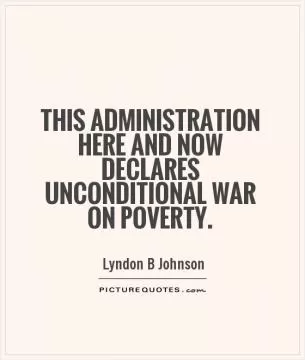
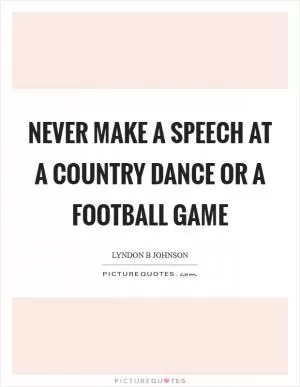

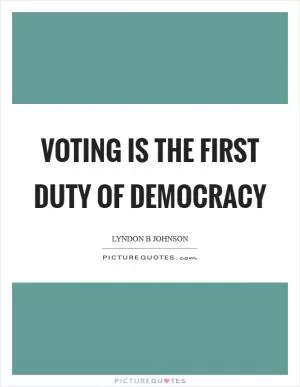
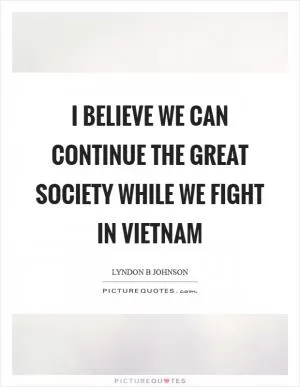
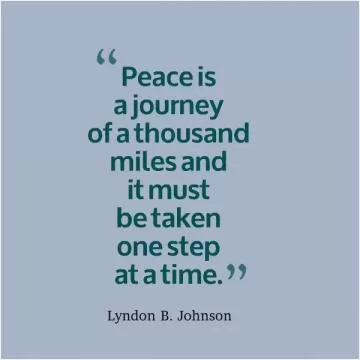
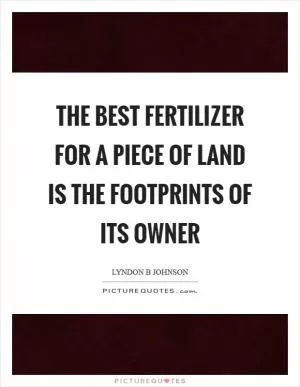
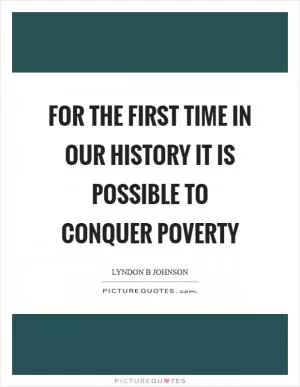
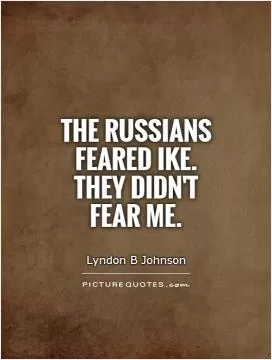
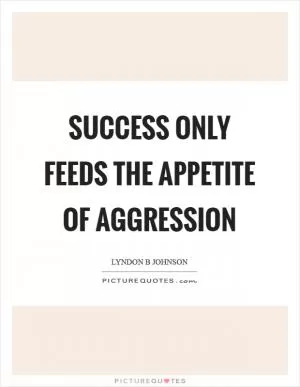
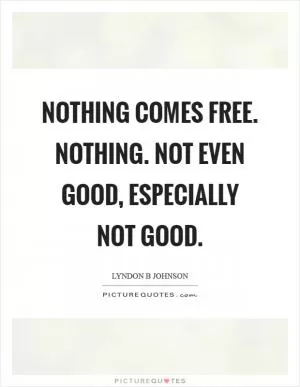
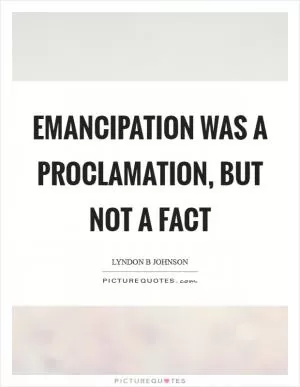
 Friendship Quotes
Friendship Quotes Love Quotes
Love Quotes Life Quotes
Life Quotes Funny Quotes
Funny Quotes Motivational Quotes
Motivational Quotes Inspirational Quotes
Inspirational Quotes